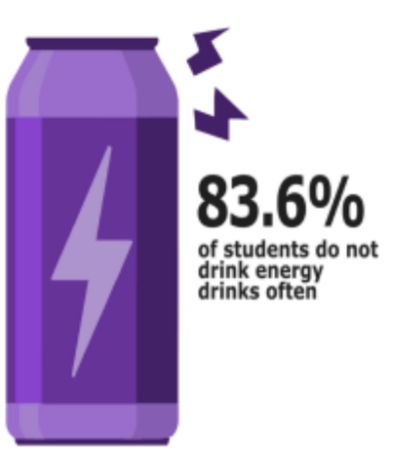Is higher education necessary to be successful?
Society pressures high school students into academic careers
Creative commons photo courtesy of Zeete
Brookdale Community College is one option contrasting to a typical university that most CHS students attend, and gives students an opportunity to obtain credits at a low cost with the ability to live at home. https://creativecommons.org/licenses/by/2.0/
May 8, 2020
From the minute I stepped into high school, the concept of college stuck to me like a shadow. Whether I was at school, at track practice or even just checking my emails, the topic of college always seemed to come up. Starting in freshman year, we take the PSAT to train for the test that will supposedly change our lives forever. As a sophomore, we worry about how bad our GPA-dropping grade in physics will look on our college applications. Then, in Junior Seminar, we are forced to write our Common App essay before senior year’s dreaded college application season. All signs point us to college after we graduate, but college is far from the only option.
College is expensive, especially if you don’t stay long enough to earn a degree. According to educationdata.org, about 23% of college students drop out before their fourth year. Considering the average tuition and fees of private colleges was $41,426 for the 2019-2020 school year, according to U.S. News, it is not worth attending college if you don’t think that you will see it through to the end.
On the day of graduation, however, students should not be humming pomp and circumstance without a single worry. College may be optional, but a plan is necessary. There are many jobs that do not necessarily require a college degree but still demand effort and drive.
One viable alternative to a college education is an apprenticeship. The Bureau of Labor Statistics forecasts close to ten million skilled manufacturing jobs will be vacant in the next decade, which leaves many job openings for apprentices.
Similarly, those uninterested in college could consider attending a technical school. Scott Carlson explained in the Chronicle of Higher Education that manufacturers west of Minneapolis have been desperate to hire welders. As a result, the Dunwoody College of Technology worked with these companies to start an accelerated training program. After only one semester of technical training, program participants can get a job with a $32,000 starting salary. Rich Wagner, the president of Dunwoody College of Technology, told Carlson that this technical school program has a 99% job placement rate for its graduates with an average starting salary of $40,000. This starting salary is more than that of a psychology major, which CNBC calls one of the most popular college majors and has an average starting salary of $32,358, according to Forbes. Therefore, students should not dismiss the idea of attending a technical school as their graduates can earn the same amount of money, if not more, than a college graduate.
The list of college alternatives varies whether it be completing an apprenticeship or joining the military. For certain careers, college can be helpful for job connections, but it is still possible to network without pursuing a degree. Television teacher Jennifer Cornine explained the options for CHS students looking to pursue a career in the technical aspects of television production.
“If someone has an interest in the technical side of television production, the best thing they can do is to start making connections. College is an excellent place to do that if that is your path,” Cornine said. “Having said that, you certainly can hustle and make connections in an apprenticeship outside of the traditional education route. CHS has an incredible network of professionals that you can reach out to to explore opportunities.”
Although there are many alternatives to attending college, earning a bachelor’s degree is still a valid option. For many careers, such as a doctor or a lawyer, a college degree is a necessity. However, it is important to inform students about other post-graduation pathways in case they have financial restraints or no interest in academic-based careers.















